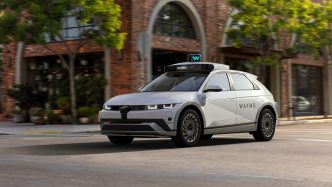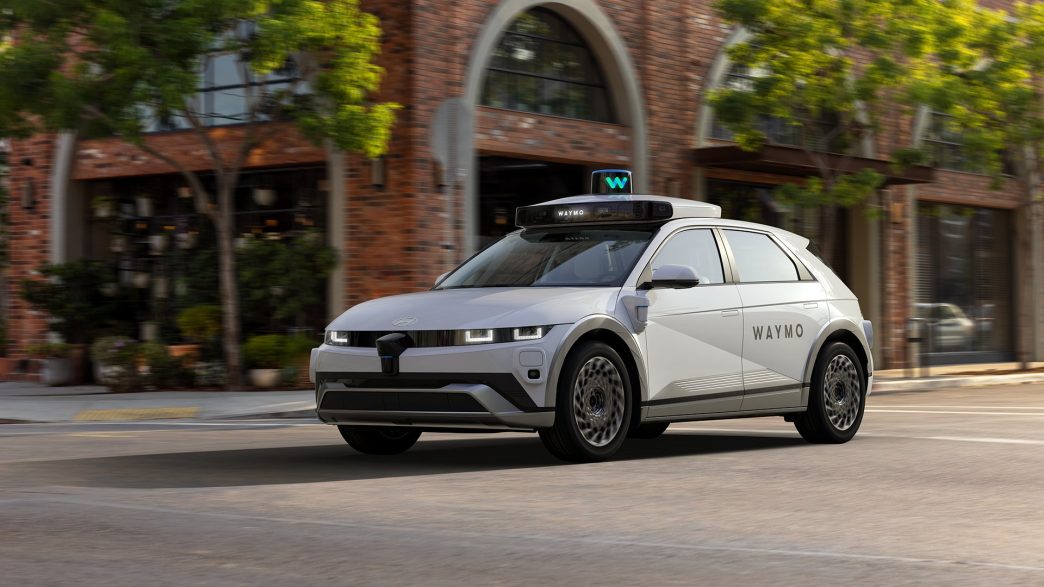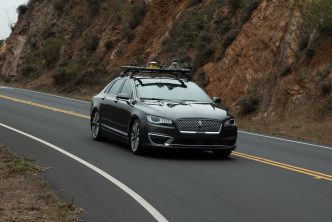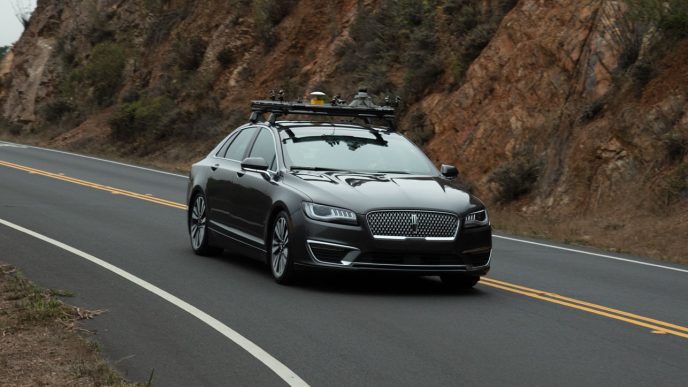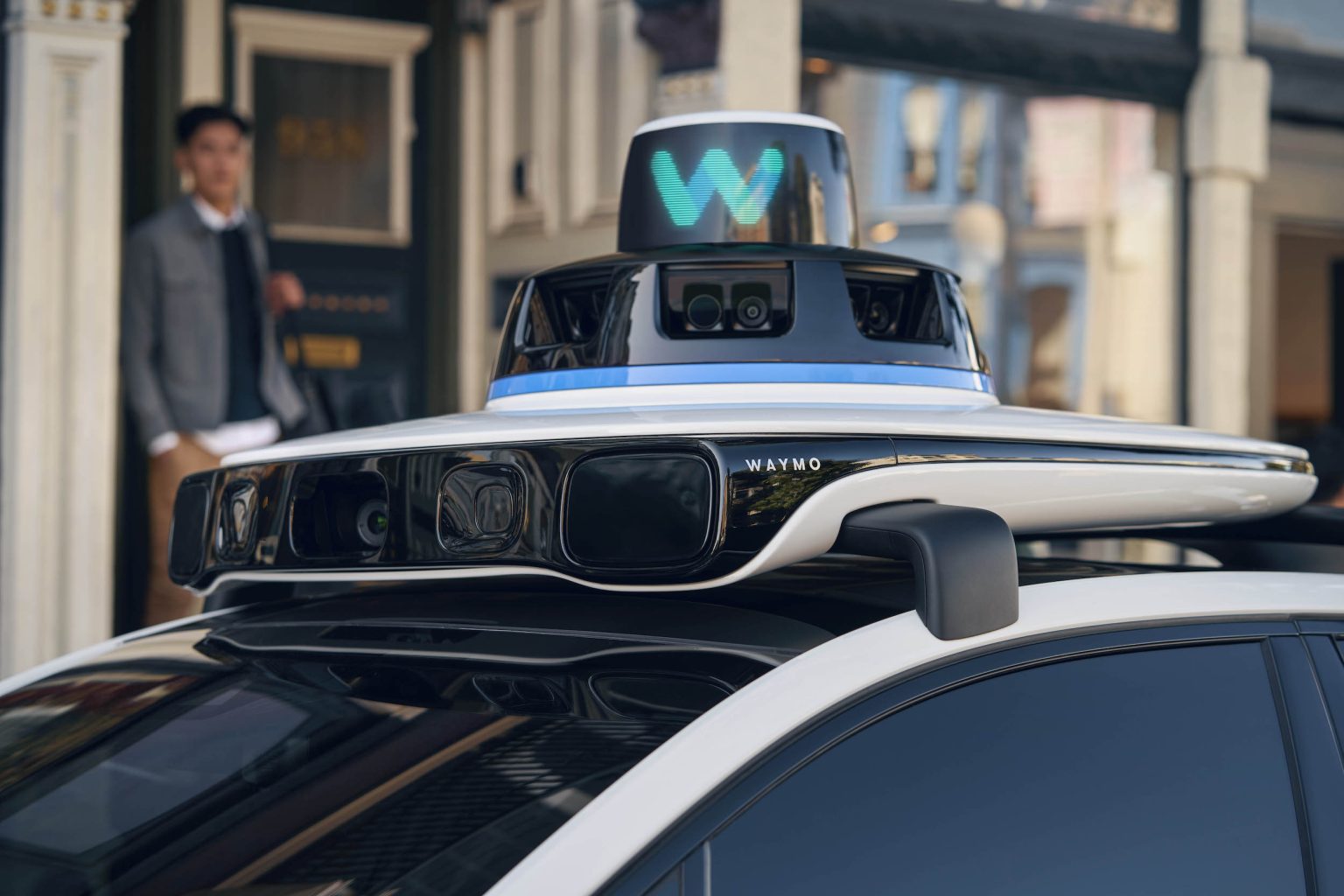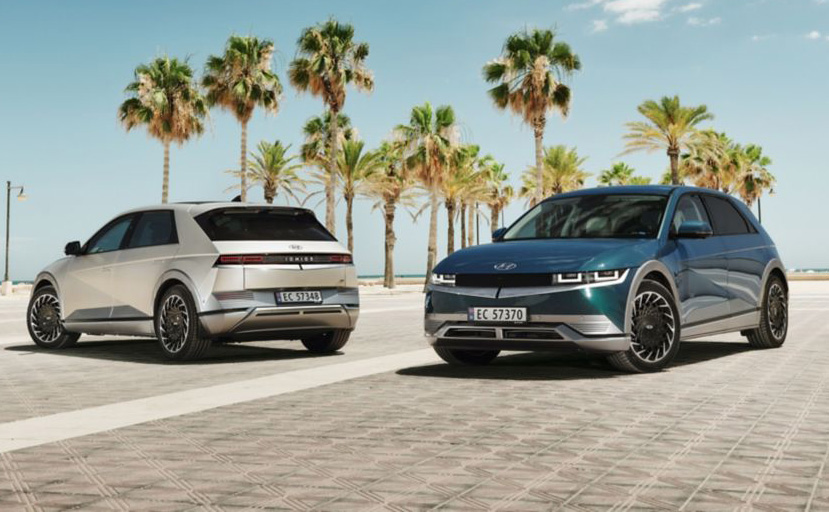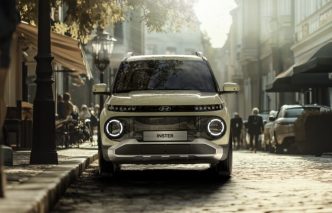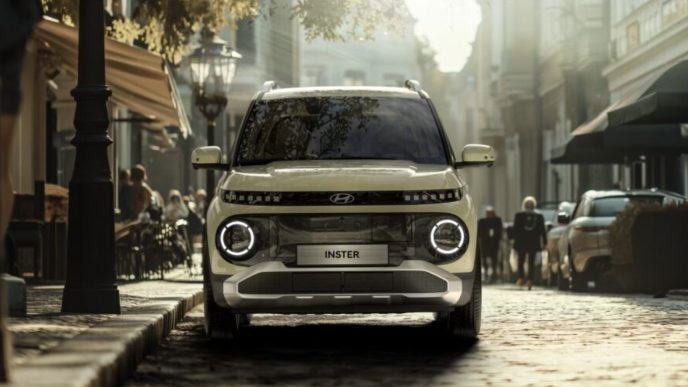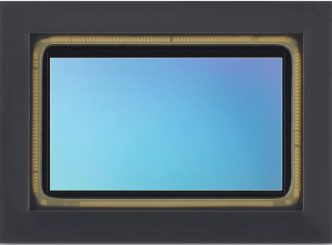Alphabet’s Waymo is set to expand its robotaxi fleet with electric vehicles from Hyundai Motor, the companies announced on Friday. The collaboration will see Hyundai’s Ioniq 5 SUVs, produced at the automaker’s Georgia facility and equipped with Waymo’s autonomous technology, begin on-road testing in late 2025.
Waymo, which currently operates around 700 vehicles, is the only U.S. company running uncrewed robotaxis that collect fares. While Waymo already uses I-PACE vehicles from Jaguar Land Rover and is testing technology with Zeekr, a spokesperson clarified that the Hyundai partnership will not replace any current vehicle platforms.
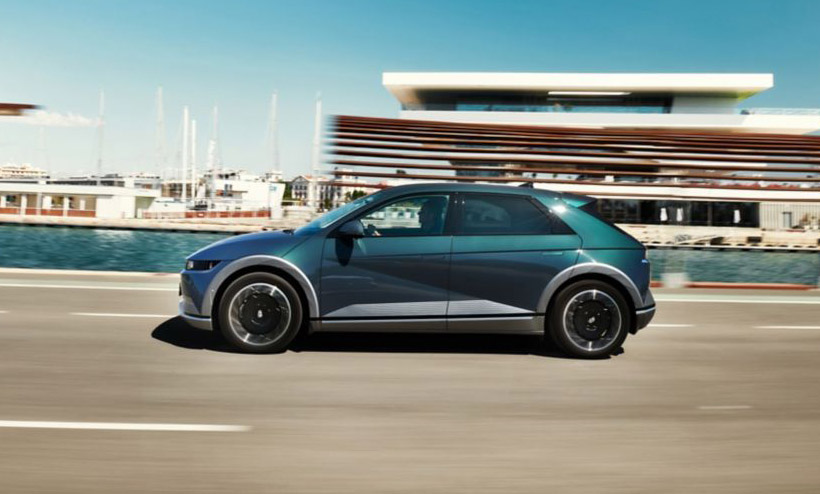
“The team at our new manufacturing facility is ready to allocate a significant number of vehicles for the Waymo One fleet as it continues to expand,” said José Muñoz, global COO of Hyundai Motor. He added that the companies are “actively exploring additional opportunities for collaboration.”
We’re excited to announce a new partnership with @Hyundai_Global to integrate our fully autonomous tech into Hyundai’s all-electric IONIQ 5 for our Waymo One fleet. https://t.co/RWYygXnuEk pic.twitter.com/gUDy5dtCdB
— Waymo (@Waymo) October 4, 2024
This partnership comes just ahead of Tesla CEO Elon Musk’s expected unveiling of a custom-built robotaxi vehicle. Musk may also reveal plans for Tesla owners to list their vehicles for ride-hailing services when not in use.
Waymo has recently expanded its operations in metro Phoenix and San Francisco, and extended services to the San Francisco Peninsula and parts of Los Angeles. Despite challenges surrounding autonomous vehicle technology, including regulatory scrutiny and federal investigations, Waymo continues to grow. In August, the company announced it had doubled its weekly paid rides to 100,000 within three months as it expanded its service areas.
In the highly competitive autonomous vehicle space, other players include General Motors’ Cruise, which recently resumed testing with human safety drivers following an accident, and Amazon’s Zoox, which is testing vehicles without steering wheels and pedals.

